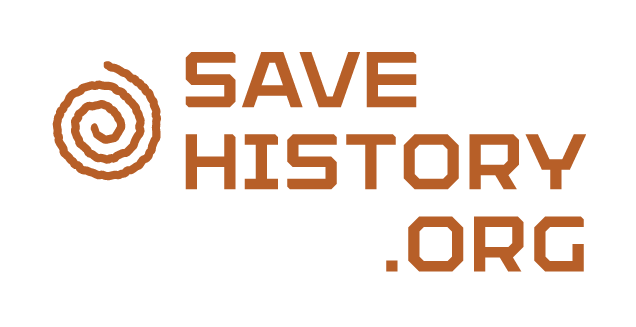NAGPRA: A Call to Action
Deanna Byrd, NAGPRA Liaison Coordinator, Historic Preservation Department, Choctaw Nation of Oklahoma
Here at the Choctaw Nation of Oklahoma, I serve our community in the role of NAGPRA (Native American Graves Protection and Repatriation Act) Liaison. For the last four years we have actively researched and reached out to hundreds of institutions across the United States in search of our ancestors, their funerary objects, sacred objects, and objects of cultural patrimony. It can be disheartening to learn the details of past collection practices, instances of looting, and even the deplorable treatment conditions of our ancestors after they were taken. It is heavy work.
Partly what makes this work possible is that 95 percent of these encounters reflect the shift from collection practices and policies born and shaped in colonialist racism. What I find is that those on the other end of the telephone and email correspondence come to the conversation with deep sadness for the past, willingness to work with Tribes, and the passion to move forward with consultation leading to repatriation. They have good hearts and are willing to do the work with intention and purpose.
Sometimes, they volunteer on the weekends when there are staff shortages just so that we can get the images or information we need to learn about their collection. They take the time to work with National NAGPRA to write grants to get funding to conduct inventories so they can comply with the letter of the law. They take it further and respectfully conduct consultation to find ways to treat the ancestors with respect; this may include designating a quiet, undisturbed space in their building, placing moratorium on research, implementing Tribal preferences for handling and preparing the ancestors and their belongings for return. Some have gone so far as to create internal policies for real change to prevent a NAGPRA collection from growing or ever being replaced at their museum. Whether they simply change their vernacular internally or make overwhelming institutional change, they each make a difference.
This part of my job is rewarding as I know it will take time, but eventually we will find all of our ancestors and help them find the peace we intended. Truly each ancestor is worth finding, worth the advocacy, and worth the process no matter how long it takes.
What’s important to know, though, is no one can truly prepare for NAGPRA work. It simply wasn’t meant to be done. I have been fortunate to have learned side-by-side with wonderful mentors and our Choctaw Nation spiritual advisors, yet in every consultation I learn more. One of these lessons, is that students are far more powerful than administration gives them credit for. My call to action is for those going to college to get their education, consider understanding your institution’s status with NAGPRA compliance. Are they following the letter of the law? The spirit of the law? If this message stirs passion within you to pursue this work, find out how. Find a Tribal representative to chat with to understand the important role you will have. Reach out to museum professionals who are doing it right. Attend a Community of Practice bi-monthly meeting hosted by University of Denver to learn. You can make an impact!
—
To learn more about repatriation at Choctaw Nation, watch NAGPRA: No Stone Unturned.

